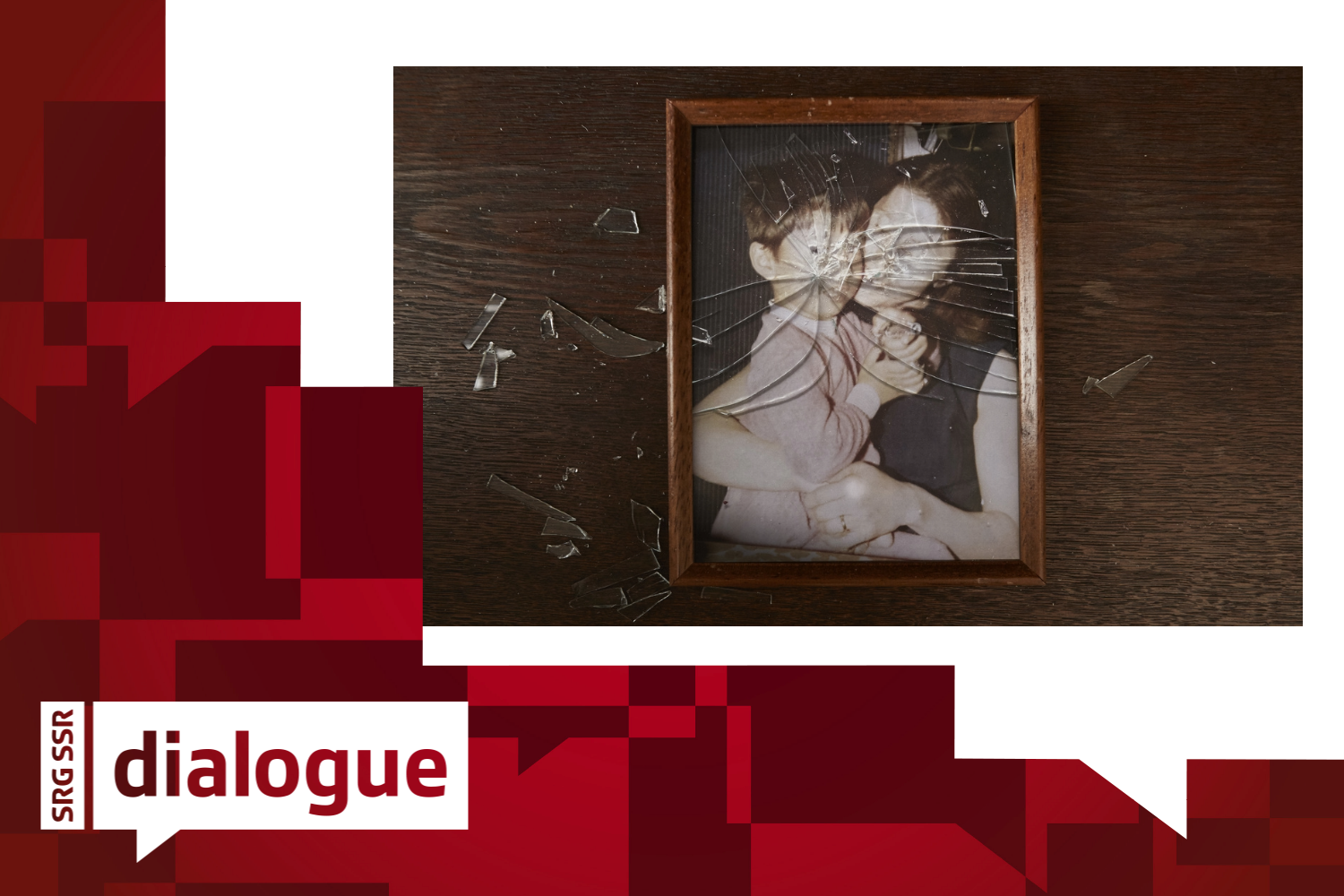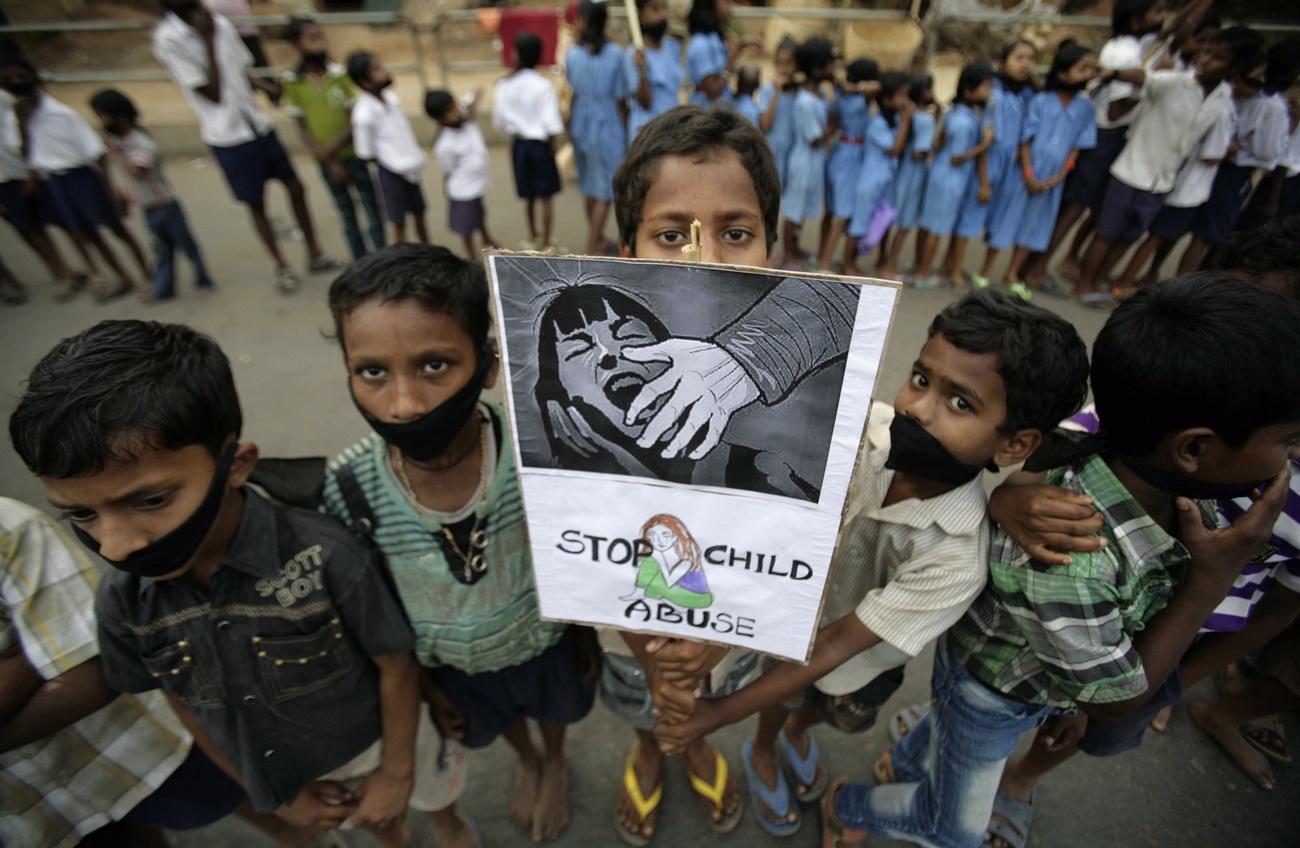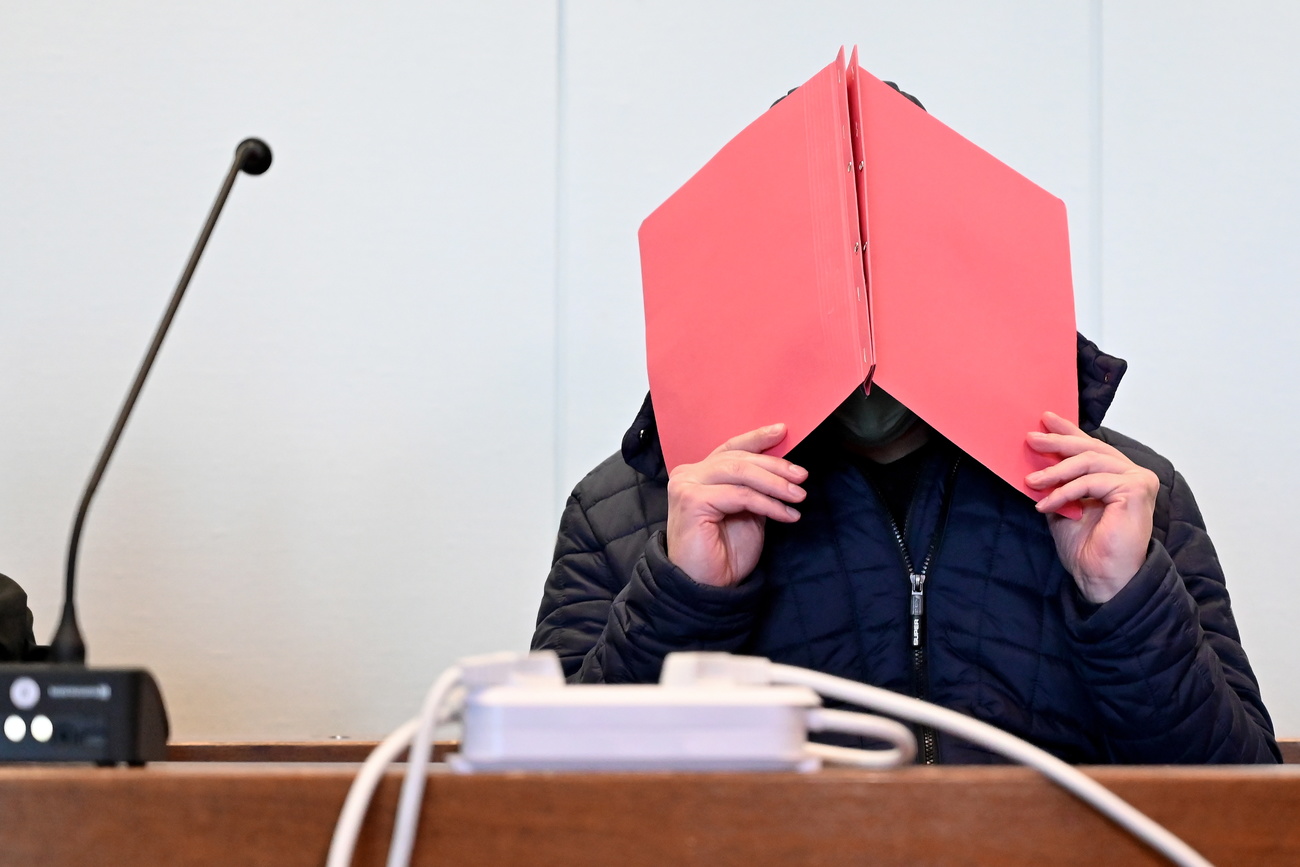Fighting paedophile crime: What is the right balance between prevention and punishment?

To fight paedophilia-related crimes, vigilante justice can take on a radical form, as seen in the punitive actions carried out by minors against paedophiles in canton Ticino. This case has brought the fight against child sexual abuse back into the spotlight and in particular the debate about prevention and/or punishment. What is your opinion? Join the discussion on 'dialogue'.
Throughout Europe, a certain form of vigilante justice has been justified to punish people suspected of being paedophiles. The individuals taking on this role sometimes go far beyond self-defence, denunciation or the filing of a complaint: beatings, humiliations, kidnappings, extortion, violence and the sharing of lynchings on social media platforms.
In Switzerland, a case in Ticino has made headlines in recent months. A group of teenagers carried out punitive campaigns against individuals suspected of being paedophiles. Arrested by the police at the beginning of October, the gang, led by a 13-year-old boy and comprising 18 of the 19 minors charged, was accused of kidnapping, extortion and violence.
However, one teenager testified that he had been ignored by the authorities. “We tried to call the police about a paedophile who had run away, but unfortunately the police did nothing”. When interviewed by Swiss public television RSI, many young people from Ticino seemed sympathetic towards the vigilante action.
What do residents of Ticino think of the recent
case of juvenile ‘paedophile hunters’? Watch the report by RSI:
Criticism, even by ‘paedophile hunters’
However, besides the Ticino judicial authorities and child protection associations, the gang’s methods were also criticised by more ‘established vigilantes’ fighting online paedophilia. They recommend forwarding any information gathered to the police. Team Moore, a French-speaking network of ‘paedophile hunters’, has adopted this approach. They worry that the violent methods of the Ticino teenagers could hurt their fight.
Watch the interview with two members of Team
Moore by Swiss public television RTS:
However, certain rules must be followed. In Switzerland, for example, the law prohibits the recording, distribution or circulation of images or videos depicting sexual acts involving children. The law makes no formal distinction between paedophiles who could commit such acts and a ‘paedophile hunter’ who uses such material as bait. In both cases, the offence is possession, distribution or circulation and penalties may be imposed.
Demand for protection
The increase in citizens’ enquiries and ‘paedophile hunts’ shows that there is a demand from society for better protection of minors from paedophiles.
It is a demand that has been partly heard by parliament. Six motions, which are all quite similar, were submitted by parliamentarians from the Social Democratic Party, the Radical-Liberal Party, the Centre, the Liberal Green Party, and the Green Party in September. They call on the government to propose legal bases and a plan of measures to oblige churches, schools and associations working with children and young people to apply protection strategies and monitor them. The Swiss People’s Party is against such preventive measures, preferring instead to focus on criminal penalties for abusers and paedophiles.
What protective measures does the parliament intend to implement in the fight against child sexual abuse? Watch the broadcast on Swiss public television RTS:
Preventing paedophiles from commiting crimes
A new tool in the fight against paedophilia has been developed in recent years. Psychologist and psychotherapist Fanny de Tribolet, director of the paedophile therapy centre in the canton of Zurich, urges paedophiles who are aware of their problems to undergo therapy in order to prevent them from acting on their impulses.
In the interview on Swiss public radio SRF, Fanny de Tribolet also addresses the difference between paedophilia and paedophile crime. Strictly speaking, paedophilia does not refer to a criminal who has committed an act, but to a sexual attraction to children and adolescents, unlike paedocriminality, which implies a criminal act.
Listen to the interview with the psychologist and psychotherapist Fanny de Tribolet:
What is your opinion on the topic? Join the discussion on our multilingual debate platform dialogue:
Testimony of a paedophile
Swiss public television RTR, interviewed a paedophile in his thirties. He talks about his background, his impulses and the strategies he has adopted to avoid ever harming a child and becoming a criminal.
Watch the interview on RTR:
Adapted from French by Claire Micallef

In compliance with the JTI standards
More: SWI swissinfo.ch certified by the Journalism Trust Initiative





You can find an overview of ongoing debates with our journalists here . Please join us!
If you want to start a conversation about a topic raised in this article or want to report factual errors, email us at english@swissinfo.ch.